Ron Davis Jr. – Foundations of Organic Chemistry
Ron Davis Jr. – Foundations of Organic Chemistry course is now available at an affordable price. You can check out directly using multiple payment gateway options. If you have any questions or need an alternative payment method, feel free to contact us.
In the course, you will investigate the structure of the atom, the energetic rationale for chemical bonding between atoms to create compounds, how specific collections of atoms bonded in specific ways create motifs called functional groups, and ultimately the ways in which the bonds in these functional groups form and break in chemical reactions that can be used to convert one compound into another.
Ron Davis Jr. – Foundations of Organic Chemistry
Ron B. Davis Jr., Ph.D.
I hope this contributes to a lifelong journey exploring and appreciating the rich and beautiful chemistry of life and our world.
Institution: Georgetown University
Alma mater: Pennsylvania State University
Course Overview
Chemistry is defined as the study of matter and its properties. With regard to this definition, the roots of the study of chemistry can be traced back to more than one ancient civilization. Most notably, the Greeks and Chinese each independently postulated thousands of years ago that there must be a small number of elemental substances from which all other things were created as admixtures. Remarkably, both civilizations theorized that air, earth, water, and fire were among those elements. It was much more recently, however—just about 300 years ago—that famed French nobleman and chemist Antoine Lavoisier correctly identified one of the elements experimentally. Lavoisier’s discovery is often cited as the event that heralded the birth of chemistry as a proper science. Theorizing based on observation of natural systems began to give way to controlled testing of the properties of matter, leading to an explosion of understanding, the echoes of which are still ringing in modern-day laboratories.
Organic chemistry is the subject dedicated to the study of a deceptively simple set of molecules—those based on carbon. Even today, centuries after the most basic governing principles of this subject were discovered, many students struggle to make sense of this science. At the university level, professors are often in a race against time to dispense the vast body of knowledge on organic chemistry to their students before semester’s end, leaving little time for discussion of exactly how this information came to be known or of just how new experimentation might change the world we live in. This course endeavors to fill that gap.
As humanity’s understanding of chemistry grew, so did the library of elements that had been isolated and identified, yet even as this library of elements grew, one of the simplest of them—carbon—seemed to play a very special and indispensable role in many small molecules. This was particularly true of the molecules harvested from living organisms. So obvious was the importance of this role that chemists dubbed the study of the fundamental molecules of life “organic chemistry,” a science that today has been expanded to include any molecule relying principally on carbon atoms as its backbone.
In this course, you will investigate the role of carbon in organic molecules—sometimes acting as a reactive site on molecules, sometimes influencing reactive sites on molecules, but always providing structural support for an ever-growing library of both naturally occurring and man-made compounds.
Other elements will join the story, bonding with carbon scaffolds to create compounds with a stunningly broad array of properties. Most notable are the elements hydrogen, nitrogen, oxygen, chlorine, and bromine. The presence of these elements and others in organic chemistry spices up the party, but none of them can replace carbon in its central role.
The goal of this course is to take the uninitiated student on a tour of the development and application of the discipline of organic chemistry, noting some of the most famous minds to dedicate themselves to this science in the past few centuries, such as Dmitry Mendeleev (of periodic table fame), Friedrich Wöhler (the father of modern organic chemistry), and Alfred Nobel (the inventor of dynamite and founder of the most influential scientific prize in the history of humanity). You will also meet some very famous scientists from other fields whose forays into organic chemistry helped shape the science, such as Louis Pasteur of microbiology fame and Michael Faraday, the father of electromagnetism.
Approximately the first half of the course is dedicated to building the foundations of understanding modern organic chemistry. In this portion of the course, you will investigate the structure of the atom, the energetic rationale for chemical bonding between atoms to create compounds, how specific collections of atoms bonded in specific ways create motifs called functional groups, and ultimately the ways in which the bonds in these functional groups form and break in chemical reactions that can be used to convert one compound into another.
Next, you will apply that understanding of organic fundamentals to more complex, but often misunderstood, molecular systems, such as starches, proteins, DNA, and more. In the final portion of the course, you will turn your attention to how organic chemists purify and characterize their new creations in the laboratory, investigating techniques as ancient as distillation and as modern as nuclear magnetic studies.
After completing this course, the successful student will have all of the tools needed to have a meaningful dialogue with a practicing organic chemist about the theory behind his or her work, the interpretation of the results that he or she obtains in the lab, and—most of all—the impact that modern experimentation in organic chemistry might have on the future of humanity.
Delivery Policy
When will I receive my course?
You will receive a link to download/view your course immediately or within 1 to 24 hrs. It may takes few minutes, also few hours but never more than 24 hrs. Due to different time zone reasons.
How is my course delivered?
We deliver courses through Google Drive or Telegram. Once your order is complete, you?ll receive an email with a Google Drive or Telegram channel access link to view/download the course.
In case you submit a wrong email address, please contact us to resend the course to the correct email.
Where can I find my course?
Upon completing your order, a link to download or access the course will be sent to your email. Alternatively, you can find it in the ‘My Account’ download section.
If you do not see it there, please share a screenshot of your order and payment with me on Telegram at @ bossallcourses_bot to ensure prompt assistance. I am highly responsive on Telegram.
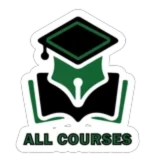
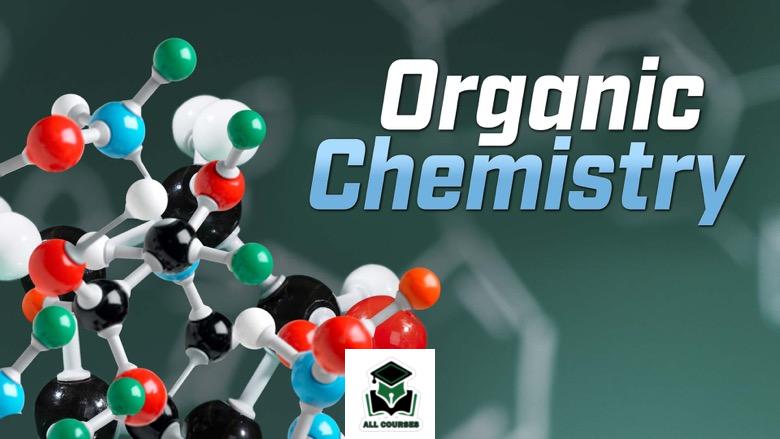
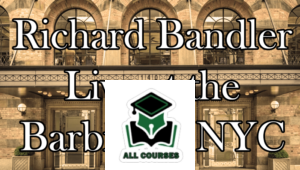
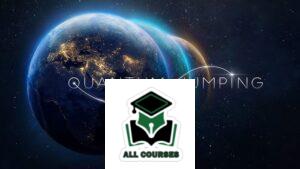
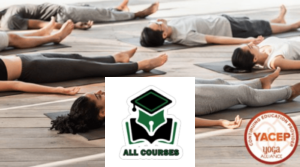
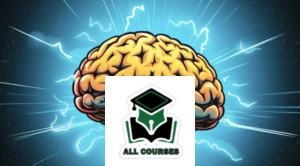
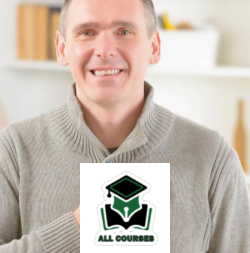
Reviews
There are no reviews yet.